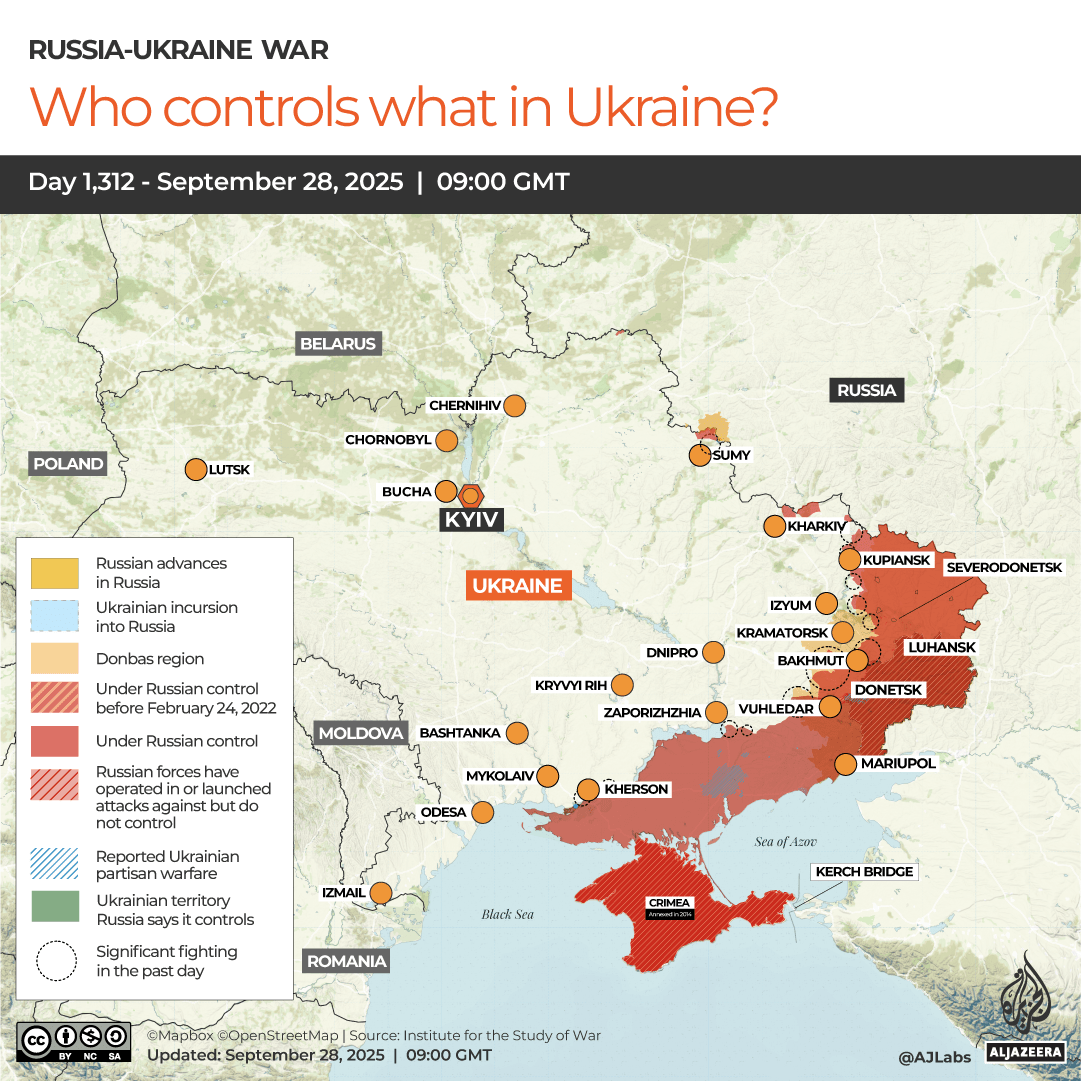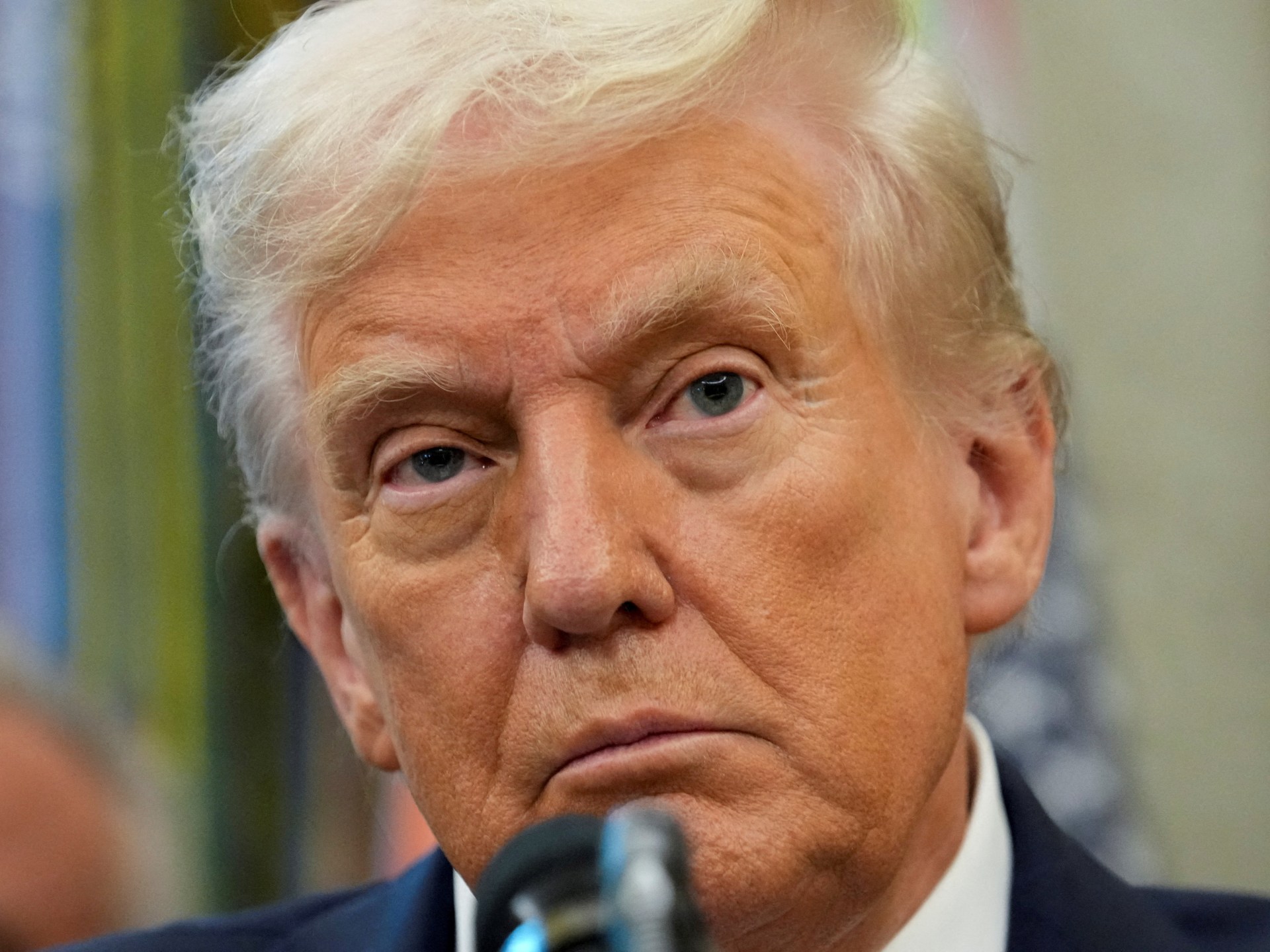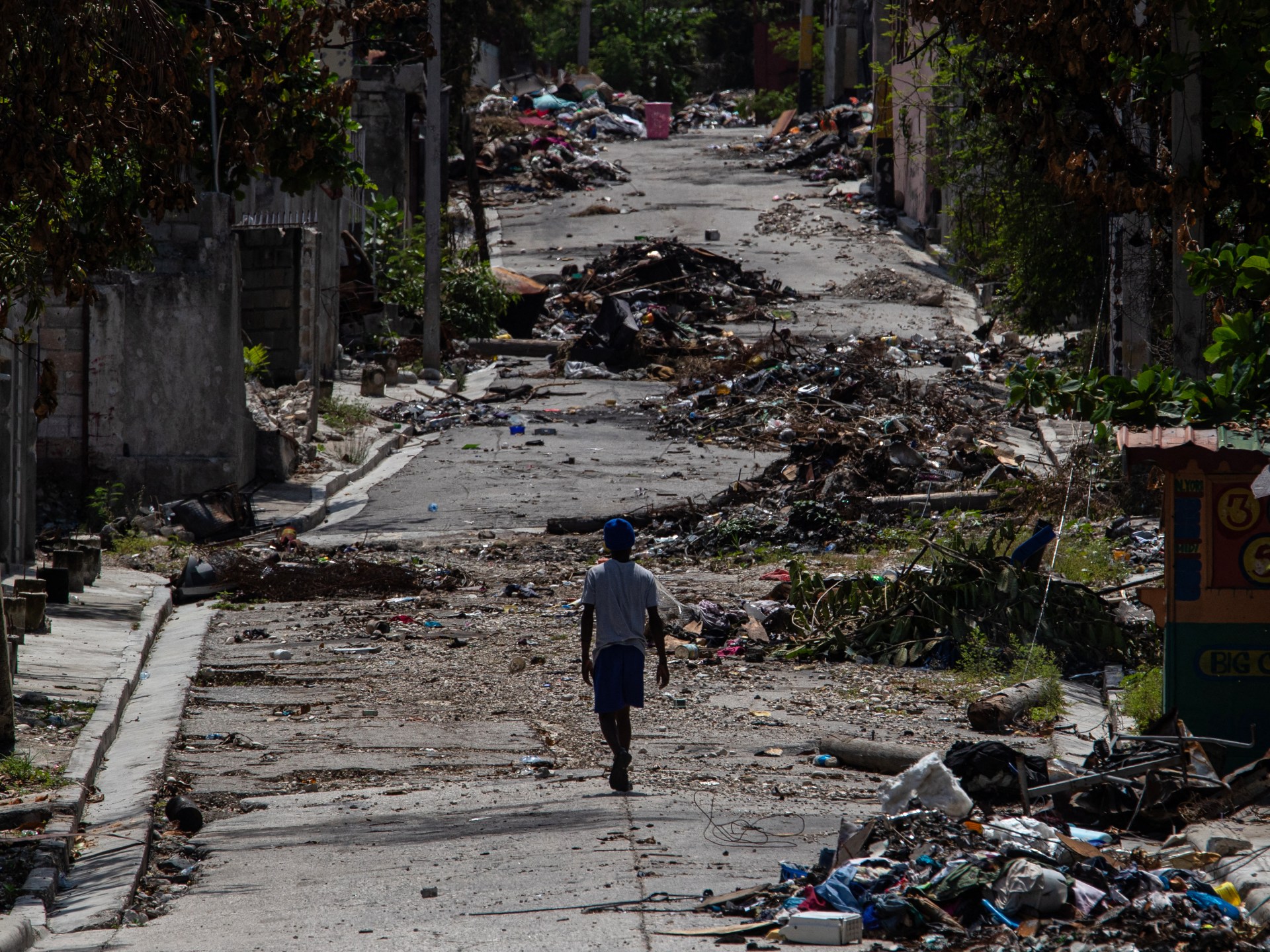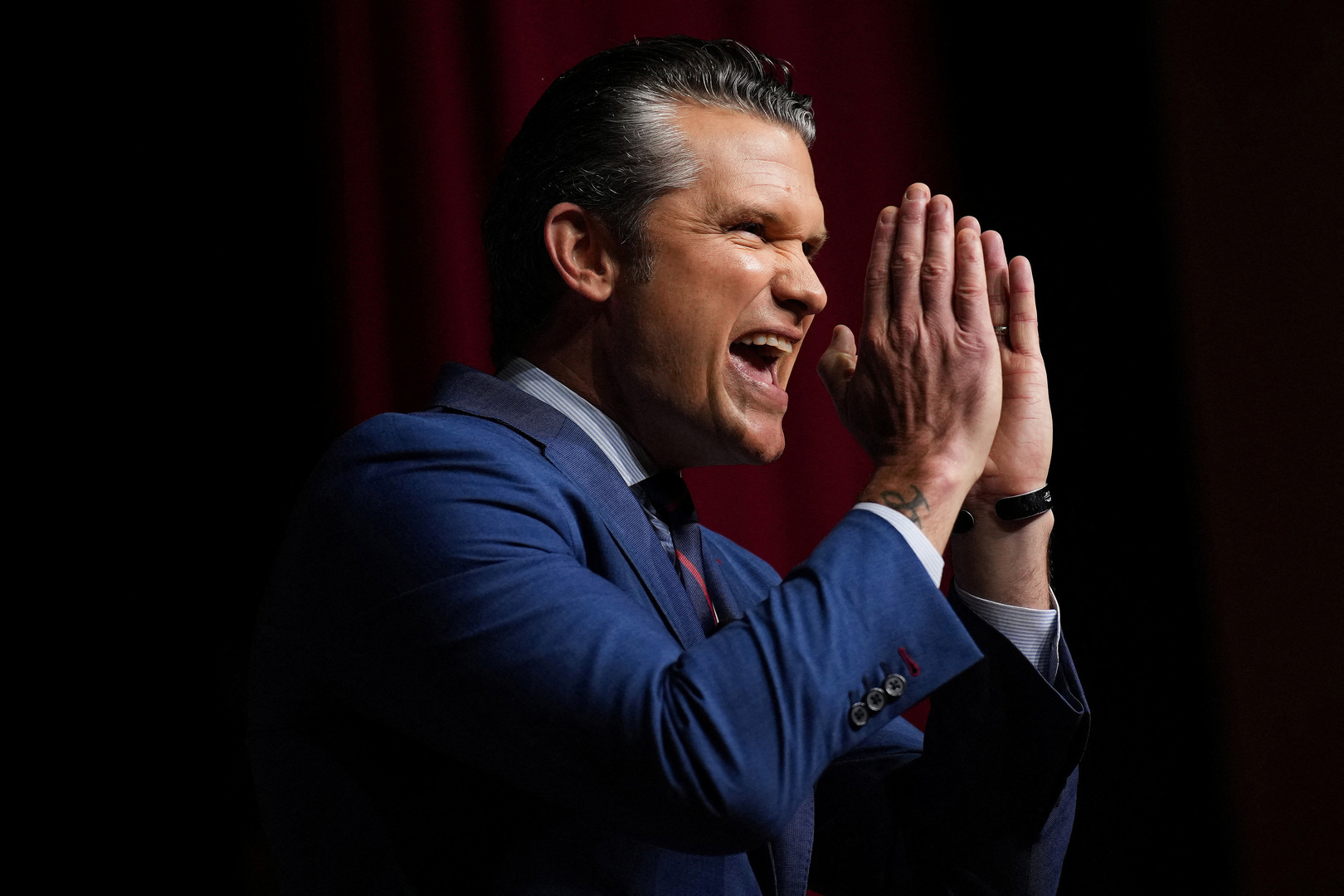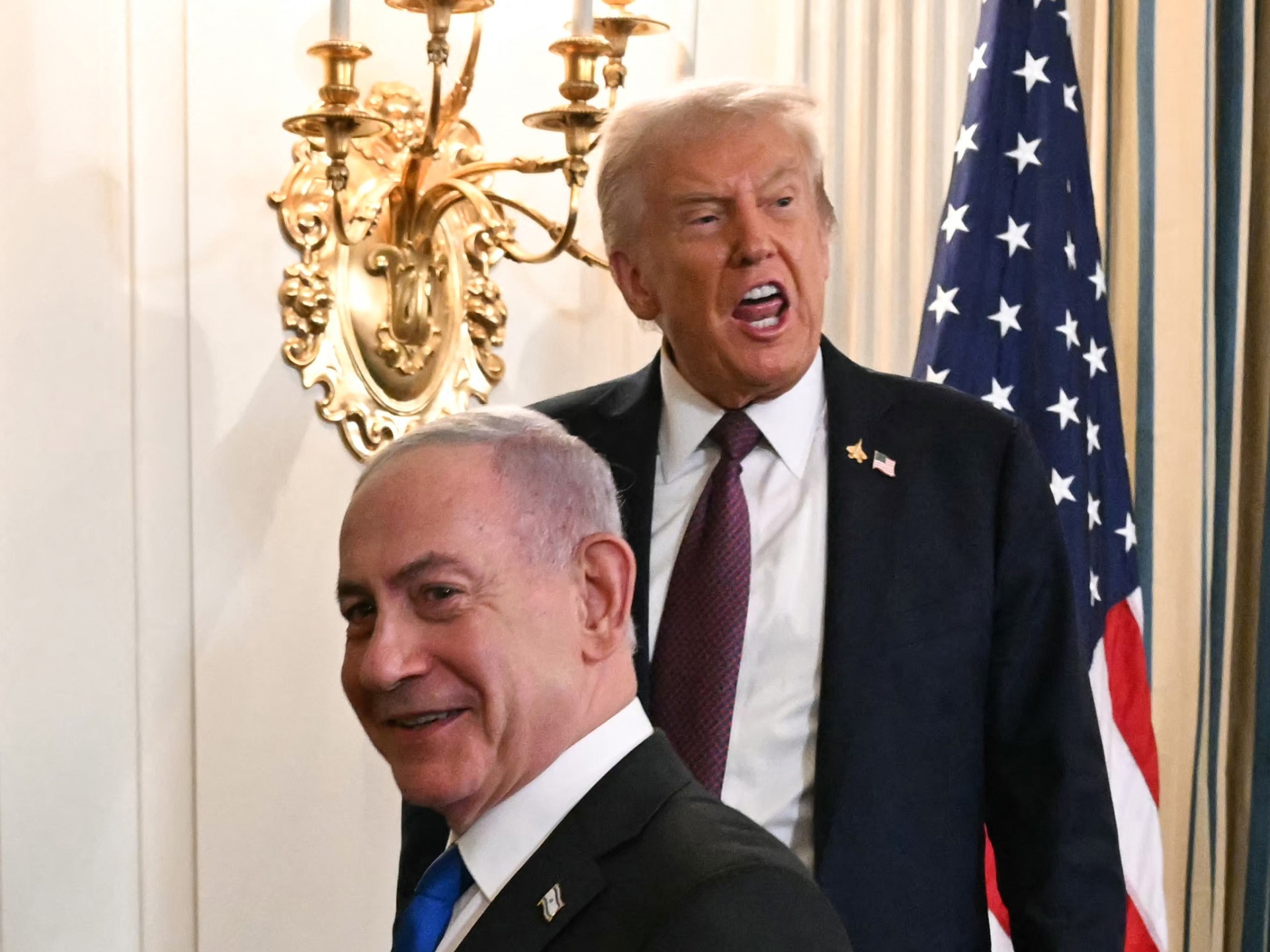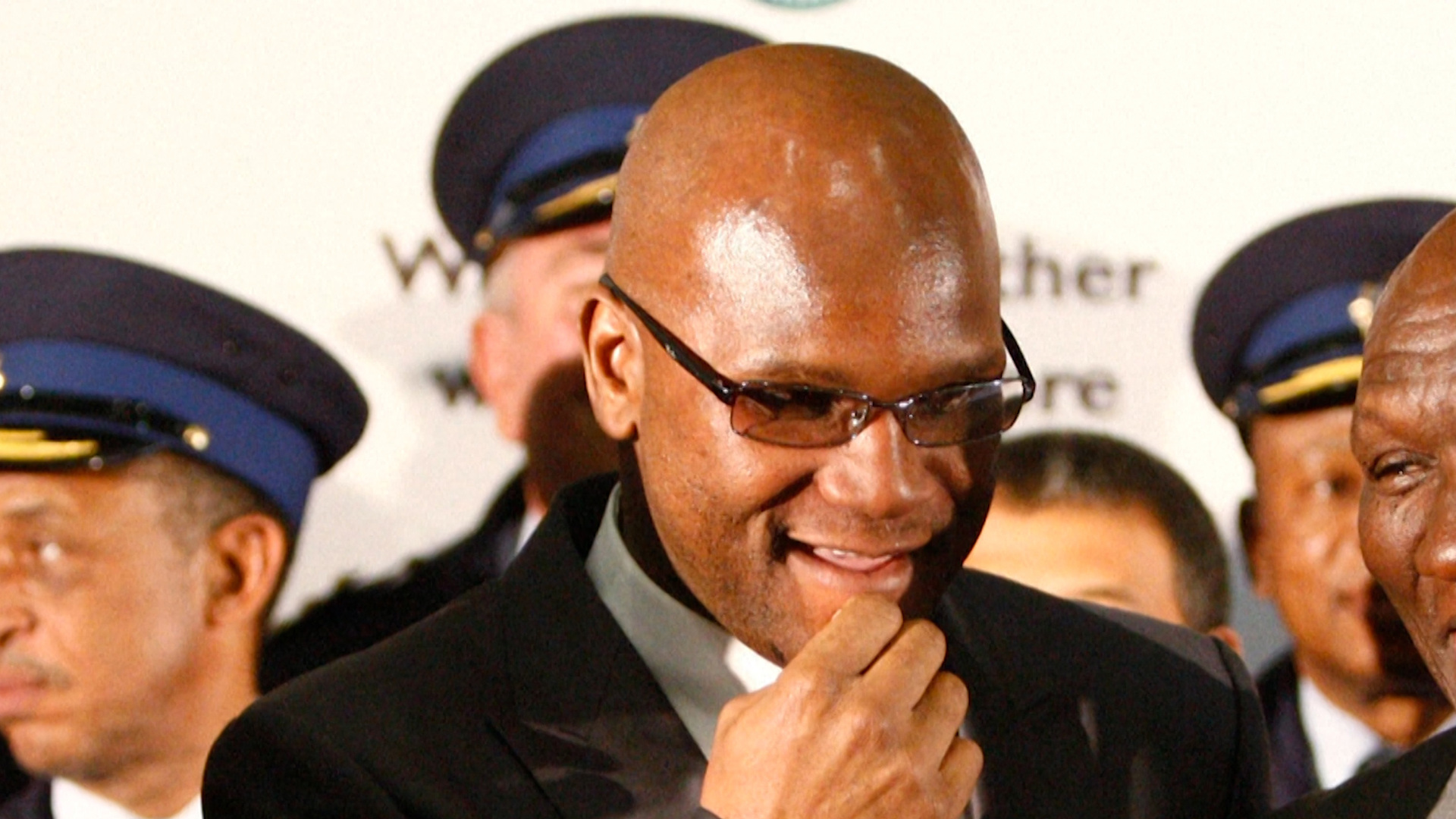Ukrainian President Volodymyr Zelenskyy has warned that the situation at the Zaporizhzhia nuclear power plant is “critical” as the facility has been without power for seven days.
“It has been seven days now. There has never been anything like this before,” Zelenskyy said in his nightly address on Tuesday.
Recommended Stories
list of 3 itemsend of list
One of the diesel generators providing emergency power to the plant is no longer working, Zelenskyy said, a week after external power lines went down.
“Russian shelling has cut the plant off from the electricity network,” the Ukrainian leader said.
“This is a threat to everyone. No terrorist in the world has ever dared to do with a nuclear power plant what Russia is doing now.”
The outage is the longest the Russian-occupied plant has gone without power since Moscow’s full-scale invasion of Ukraine in February 2022.
It is also the 10th time since the start of the war that the plant – the largest in Europe – has been disconnected from the power grid.
Russia seized control of Zaporizhzhia in the first weeks of the war, and the plant’s six reactors, which before the conflict produced about one-fifth of Ukraine’s electricity, were shut down after Moscow took over.
But the plant needs power to maintain cooling and safety systems, which prevent reactors from melting – a danger that could set off a nuclear incident.
Russian officials have not commented on the latest statements on conditions at the plant.
But Moscow and Kyiv have repeatedly accused each other of risking a potentially devastating nuclear disaster by attacking the site, and have traded blame over the latest blackout.
Rafael Grossi, the head of the International Atomic Energy Agency (IAEA), the United Nations’s nuclear watchdog, earlier this week decried the cutoff of the external power lines but assigned no blame to either side.
In a statement on Tuesday, Grossi said he was engaging with officials from both countries to restore offsite power to Zaporizhzhia as soon as possible.
“I’m in constant contact with the two sides with the aim to enable the plant’s swift re-connection to the electricity grid,” the IAEA chief said.
“While the plant is currently coping thanks to its emergency diesel generators – the last line of defence – and there is no immediate danger as long as they keep working, it is clearly not a sustainable situation in terms of nuclear safety,” he added.
“Neither side would benefit from a nuclear accident.”
IAEA monitors are stationed permanently at Zaporizhzhia and at Ukraine’s three other nuclear power stations.
The IAEA is engaging with both sides of the military conflict to help pave the way for the restoration of offsite power to Ukraine’s Zaporizhzhya NPP as soon as possible, Director General @rafaelmgrossi said today: https://t.co/ODSjkR6fXd pic.twitter.com/SbWEh7TBCq
